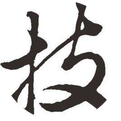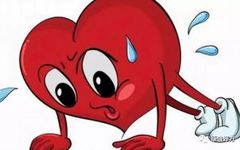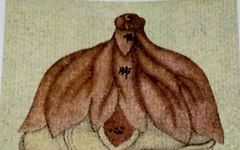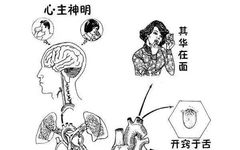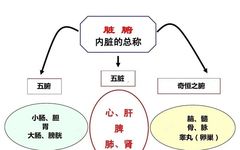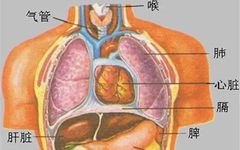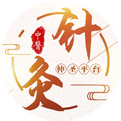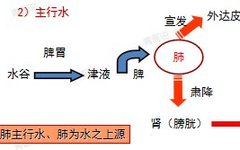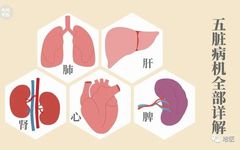Comprehensive Explanation of the Pathogenesis of the Five Organs (Collection Edition)
Click the image below to read ↓↓↓ —— The following is the main text —— 1. Pathogenesis of the Heart 1. Physiological and pathological characteristics of the heart: The heart is located in the upper jiao, opens to the tongue, connects with the vessels, and its manifestation is on the face, corresponding to the small … Read more

